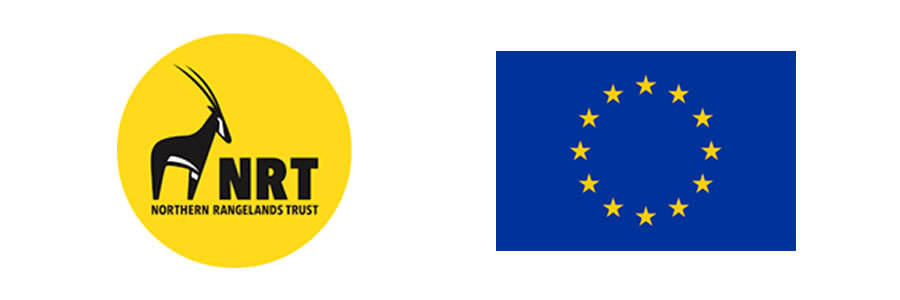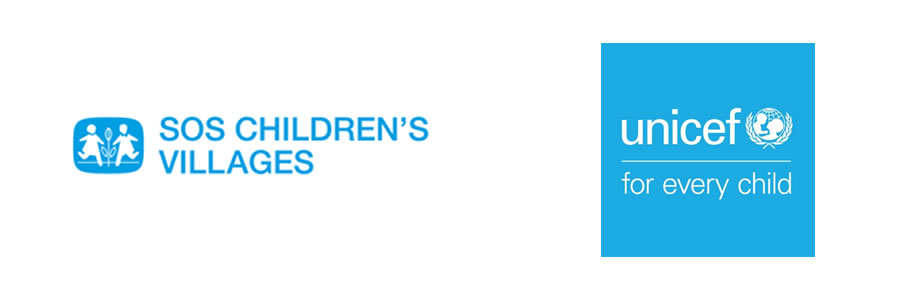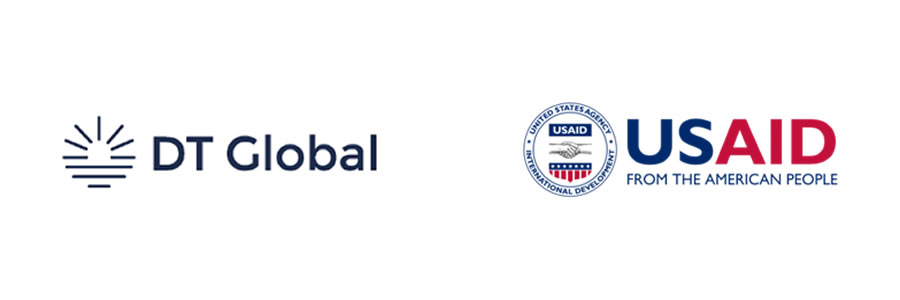End-Line Evaluation Survey for Kenya Rangelands Ecosystem Services Productivity Programme (RANGER)
Programme (RANGER) Northern Rangelands Trust and funded by European Union INSIGHTS conducted an endline evaluation of the Kenya Rangelands Ecosystem Services Productivity (Ranger) program, evaluation commissioned by NRT and funded by the European Union, which addresses challenges in the Amaya Triangle region of Kenya, covering Laikipia, Baringo, Samburu, and Isiolo counties.
[showhide]
The program aimed to build resilience, sustainability, and peace by supporting community conservancies, promoting climate-resilient livelihoods, and improving governance. A consortium of ten partners, including World Agroforestry (ICRAF), Jomo Kenyatta University of Agriculture and Technology (JKUAT), and Entrepreneurs for Impact (E4I), led these efforts. Despite successes in improving local communities and conserving natural resources, the region continues to face challenges, necessitating the endline evaluation.
The evaluation assessed the program's performance using the OECD DAC evaluation criteria: relevance, coherence, effectiveness, efficiency, impact, and sustainability. It aimed to determine the impact of key program indicators, evaluate the program's alignment with conservancy needs, and review its implementation efficiency. Additionally, the evaluation included a human rights audit, identified areas for future learning, and provided strategic recommendations for stakeholders to improve the program's outcomes. The RangER program has worked to improve livelihoods, enhance ecosystem service productivity, support climate-smart natural resource management, and foster peace and security, all of which contribute to the resilience of local communities, ecosystems, and wildlife in the face of climate change.
[/showhide]




